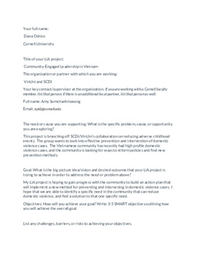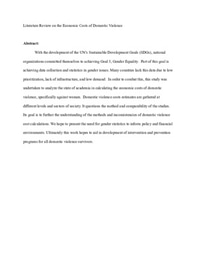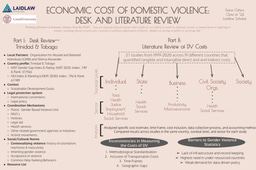Leadership in Action Final Reflection
As I read over my past reflections from this summer, I first of all find it funny how I attempted to tell a story throughout my writings. I can’t help but feel a twinge of embarrassment at the sterile and bland descriptions at the beginning of the semester. Even now, I struggle to write an expressive, anecdotal narrative of my time during the Leadership in Action. I find it even more entertaining that the intervention that I proposed in Vietnam was centered around storytelling and I look back at the bland First Chapter that I wrote. It forces me to think about how little of a voice was present in my reflections but how necessary that voice is. From my work, I have researched and advocated for the power of voice. Not only in my intervention, I found the importance of voice during collaborative work. From the start of working with the SCDI, I was more afraid to speak up. I would feel awkward unmuting during Zoom sessions to ask a question. As the internship progressed, I felt like I had more of a voice with the SCDI members. Unfortunately, that voice arose from anger and frustration, but I also like to think that I felt more comfortable being able to express that anger and frustration. By the end of the project, I was able to question their insights and sometimes even criticize them. Though there were a few tough moments that I detailed in Chapter 3, I did feel that our cohort has an open line of communication. By the end, we were able to recognize the different personalities of the SCDI members and share casual conversation with them. I even got to see one member’s two small children! And we were able to converse about our studies and life in America over a casual meal. By building our relationships, we were able to find our voice. Our group was able to advocate for our needs, but we were also able to find better connections with each other.
I also found the importance of voice through the languages that we spoke. In coming to Vietnam, I was worried about the language barrier. I mainly worried about sticking out and about getting scammed. However, I found it difficult to advocate for myself. Even though many people were well-meaning, it was difficult to find accommodations for our vegetarian members. It became difficult to ask them to cook specifically for this member. I also found it difficult to have more casual conversations with strangers as I usually would be able to. I wasn’t able to discuss what kinds of foods I didn’t like. If I ordered wrong, I would simply have to put up with it. And I wasn’t able to ask if there were certain colors of clothes that I wanted. I didn’t feel that I had a place in the society that I was in. This made it that much harder to garner those connections and advocate for the things that I wanted. Though clothes are a small example, I like to think about what this means for the voiceless in society. These are the people that are marginalized by institutions and people. I think about what it must mean to feel like you don’t have a voice in politics or you don’t have control over your freedom and rights. In our projects, we worked to give marginalized groups a voice. For the SCDI, this was done mainly through legalizing the children for education. In our intervention, this was done through literal storytelling. Our voice is necessary, and it is taken away through social stigma, political disenfranchisement, and overt silencing. Our goal was to give people with similar backgrounds, a place to have a voice, and hopefully use that voice for change.



Please sign in
If you are a registered user on Laidlaw Scholars Network, please sign in
Thank you for sharing about your vulnerabilities and your growth as an advocate - for yourself and others!